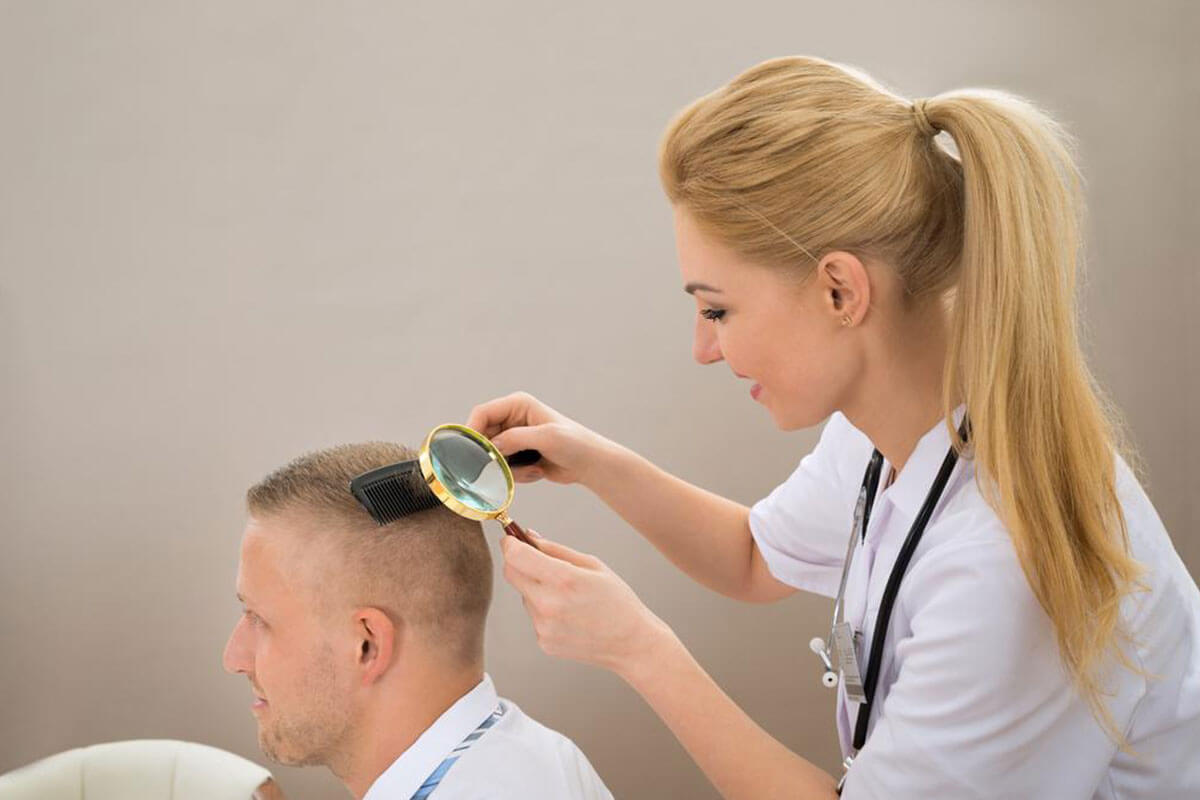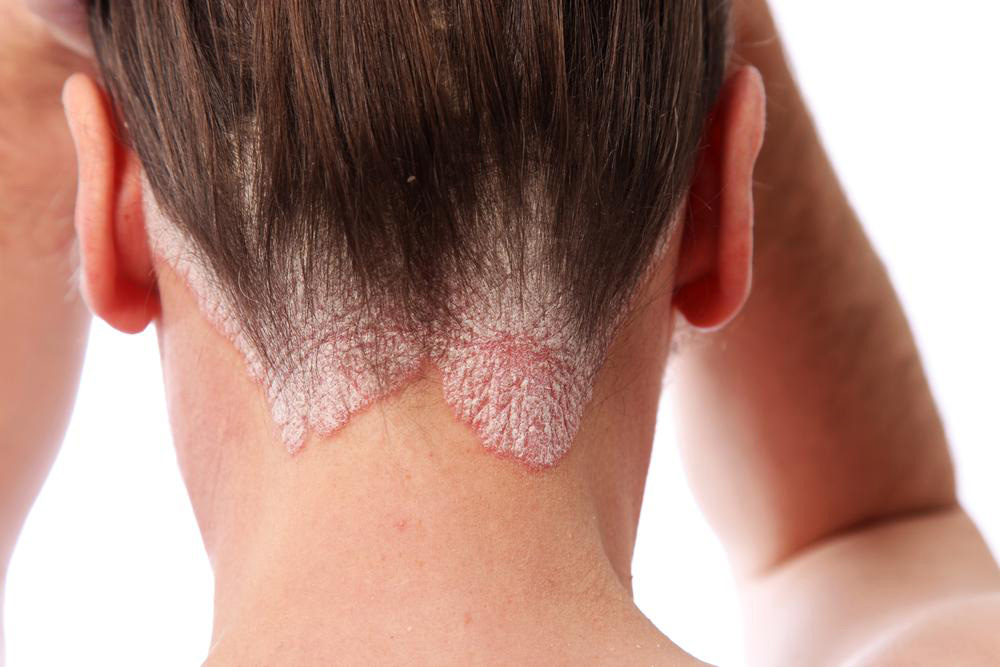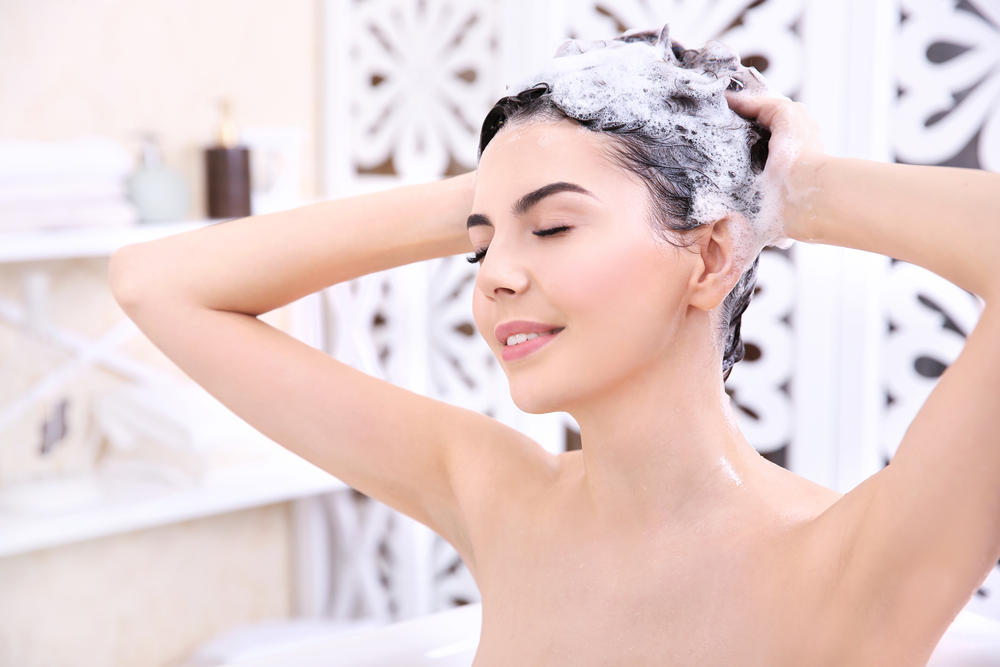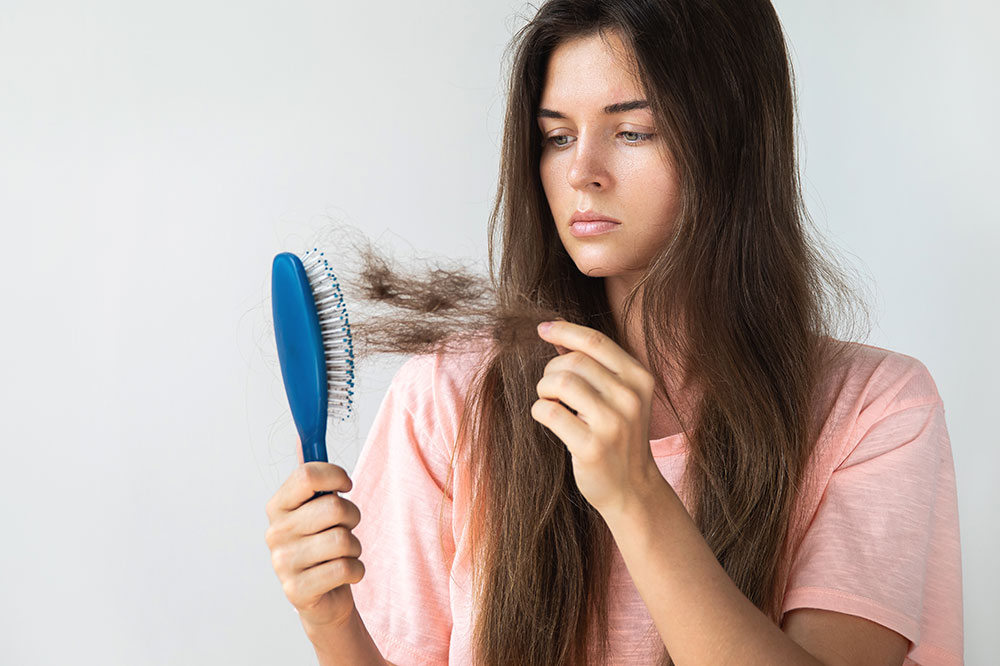Comprehensive Guide to Managing Scalp Psoriasis with Effective Hair Care Techniques
This in-depth guide offers practical strategies for managing scalp psoriasis through effective hair care routines. It emphasizes choosing appropriate shampoos, incorporating natural remedies, and adopting gentle hair care practices. Managing triggers and consulting healthcare professionals are also highlighted as essential components for symptom relief and scalp health. Whether mild or severe, these comprehensive tips help individuals control psoriasis and maintain healthier hair and scalp conditions, ensuring better quality of life despite the chronic nature of the disease.
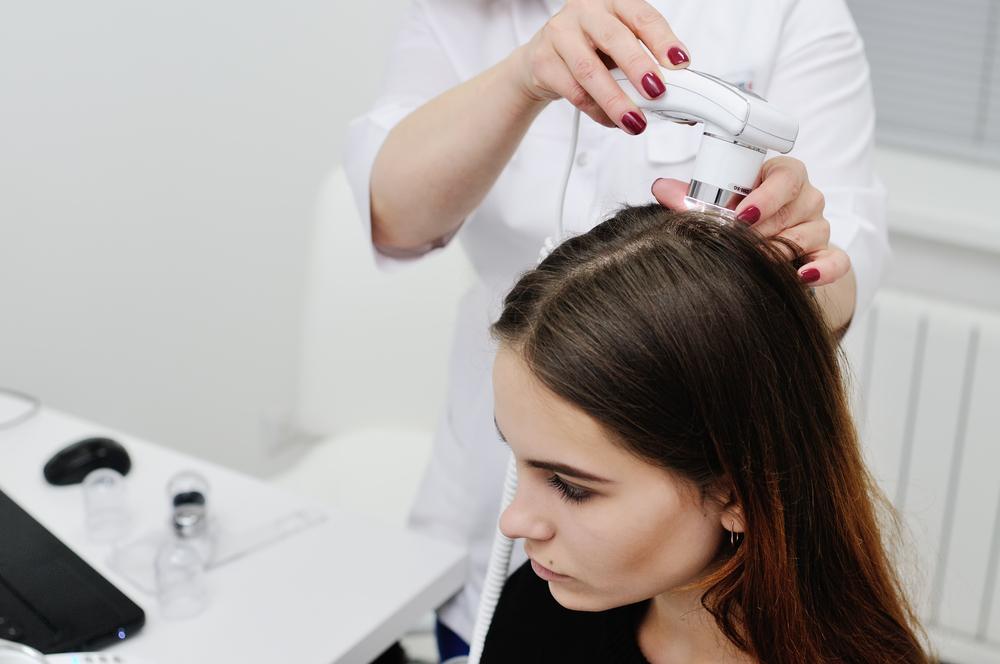
Comprehensive Guide to Managing Scalp Psoriasis with Effective Hair Care Techniques
Scalp psoriasis is a prevalent skin condition characterized by the rapid buildup of skin cells, leading to the formation of flaky, inflamed patches. This condition results from an abnormal immune response where the immune system sends incorrect signals, causing the skin to produce excess skin cells that cluster into thick, scaly patches. These patches commonly appear on the scalp but can also extend to areas such as the neck, forehead, or behind the ears. It’s essential to understand that psoriasis is not contagious; rather, it has a hereditary component and can be triggered or worsened by various factors including stress, infections, weather changes, and certain medications.
The severity of scalp psoriasis varies among individuals. Some may experience mild irritation with occasional flaking, while others endure thick, crusted sores accompanied by intense itching, burning sensations, and discomfort that significantly interfere with daily routines. Although there is no known cure for psoriasis, many effective management strategies exist that help control symptoms and improve the quality of life. Proper hair care routines, specialized shampoos, natural remedies, and guidance from healthcare professionals are integral to managing this chronic condition effectively.
Choosing the Right Shampoo for Scalp Psoriasis
One of the critical aspects of managing scalp psoriasis is selecting suitable hair cleansing products. Shampoos formulated specifically for psoriasis or containing natural ingredients are preferable. These products often avoid harsh chemicals, sulfates, and steroids that can further irritate sensitive skin. Medicinal shampoos with ingredients such as salicylic acid, coal tar, or natural herbs can help reduce scaling, inflammation, and itching. For example, shampoos infused with plant-based ingredients like neem, tea tree oil, or aloe vera possess antifungal and antibacterial properties, promoting healthier scalp conditions.
While corticosteroid-based shampoos may be prescribed for short-term relief, prolonged use can lead to side effects like skin thinning. Therefore, a balanced approach involving natural or medicated shampoos without steroids, used in rotation, helps maintain scalp health without adverse effects. Applying shampoos that contain mild surfactants and are free from sulfates ensures gentle cleansing, prevents dryness, and minimizes irritation, which are essential for those dealing with psoriasis flare-ups.
Effective Hair Care Tips for Scalp Psoriasis
Beyond choosing the right shampoo, adopting gentle hair care practices plays a vital role in managing scalp psoriasis. Before washing, applying warm, natural oils such as coconut or olive oil softens the scales, making removal easier and reducing irritation. Massage the oil into the scalp gently, avoiding aggressive scrubbing that can worsen inflammation. Allow the oil to penetrate for at least 15-20 minutes to nourish the scalp and loosen flakes.
When shampooing, use lukewarm water and apply the product softly, focusing on the scalp rather than overly scrubbing. Follow with a conditioner designed for sensitive scalps, preferably with soothing ingredients like chamomile or oatmeal, to keep the hair hydrated and prevent dryness. Regularly brushing or combing with a wide-tooth comb can help distribute natural oils evenly and remove loosened scales gently.
In addition to topical treatments, lifestyle modifications like managing stress, maintaining a balanced diet, and avoiding triggers such as harsh chemicals or extreme weather are crucial. Consultation with a healthcare professional or dermatologist is recommended to develop a tailored treatment plan, which may include topical medications, phototherapy, or systemic therapies if necessary.
Consistent hair care routines, natural remedies, and professional guidance significantly enhance the ability to manage scalp psoriasis effectively, improving scalp health and overall well-being.
